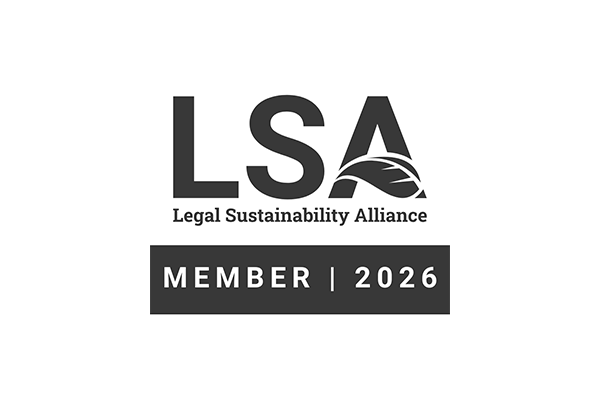Contributors: Iain Drummond
Date published: 29 June 2017
Northern Irish Court looks at notification provisions and time-bar of claims
The court in the recent Northern Irish case of Glen Water Ltd v Northern Ireland Water Ltd [2017] NIQB 20 has looked at the notification provision for compensation events under a bespoke contract. The court ultimately took a strict approach to the notification requirements, resulting in the contractor’s claim being barred.
Background Glen Water was selected as contractor to undertake a significant upgrade of a sludge treatment centre in Northern Ireland. Glen Water entered into a PFI contract with an entity that subsequently became Northern Ireland Water. The contract was bespoke, however “claims” were referred to as “compensation events”, following the NEC approach.
Under Clause 33 of the Contract, there was a requirement to notify Northern Ireland Water of a compensation event in order to claim relief. There were a number of compensation events claimed under the contract. Glen Water sent a letter to Northern Ireland Water on 20 October 2009 stating they considered a compensation event had occurred in relation to the final effluent connection. The letter made reference to a previous cooling water claim and to the claim in question regarding the pressure steam system. Glen Water argued that the letter dealt with two separate compensation events.
Glen Water commenced adjudication proceedings against Northern Ireland Water in April 2014 in relation to the pressure steam system claim. The adjudicator rejected Glen Water’s claim. Glen Water did not rely on the letter of 20 October 2009 as the necessary compensation event notice in the adjudication. This fact was significant in the judge’s ultimate ruling.
Judgment Glen Water then commenced court proceedings. In his decision, the judge noted that, based on the evidence heard, he believed Northern Ireland Water may have anticipated a claim, as they had knowledge of an issue with the pressure steam system. However, he ultimately ruled that the anticipation of a claim “does not equate to notification of an actual compensation event”.
The case of Walter Lilly & Company v Mackay [2012] EWHC 1773, which took a broad interpretation of the contractual notification provisions, was distinguished. The basis for this was that the facts were different and it was the architect on site who was receiving notifications. There was no architect on site in the present case.
The preferred case followed was the Scottish case of Education 4 Ayrshire v South Ayrshire Council [2009] CSOH 146. It was seen as most applicable. It held that where there are clear contractual terms as to what is to be done in order to claim a relief, “the courts should be slow to seek to relieve that party from the consequence of failure”. The Judge considered that that the fact the letter dealt with a previous compensation event meant that the notification was not clear; he held that it needed to clearly and unambiguously notify a compensation event regarding the particular claim, the pressure steam system claim, which it did not. This deficiency was not cured by the fact that Northern Ireland Water appeared to have knowledge of the issue and that it may have been touched in in later, general commercial discussions
It was held that the letter was not a notice of a compensation event and, therefore, proper notification being a condition precedent to a claim under the contract, that claim failed. Glen Water had failed to issue a notice of that claim in clear terms within the timescales noted in the Contract. They were therefore unable to claim a compensation event.
Conclusion This contract was not based on a standard form contract; however, the notification provisions echo those of the standard form NEC and FIDIC contracts. The particular terms of the particular provision and the facts that apply, will determine whether the court will find that provision to have been complied with and whether such compliance is a condition precedent to the claim. Failure to comply can lead to a harsh result, such as in the present case, the denial of a £4.4m claim.
The lesson is that claim notification clauses should be carefully complied with in respect of timing and content requirements; such notifications should give clear and unambiguous notice of the claim in question. As the courts have reflected in previous cases, requirements for such notifications serve a purpose: they encourage good contract administration and allow problems to be addressed and mitigated at an early stage. Generally, the courts have taken a strict approach to enforcing such clauses, although the courts in Scotland have recently indicated a softening of that approach. However, it is generally preferable to control the outcome by having the right systems and training in place to ensure the right contractual notifications are given, than to cede control of the outcome to the court.
Contributors:
Iain Drummond
Partner and Head of Commercial Disputes and Regulation
To find out more contact us here
Expertise: Construction, Engineering and Infrastructure Disputes






















